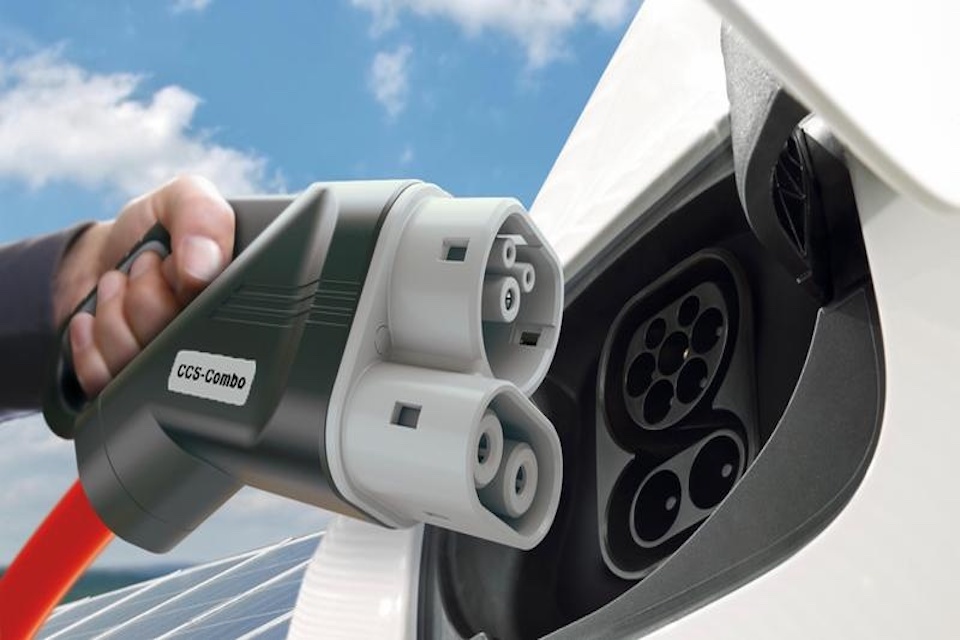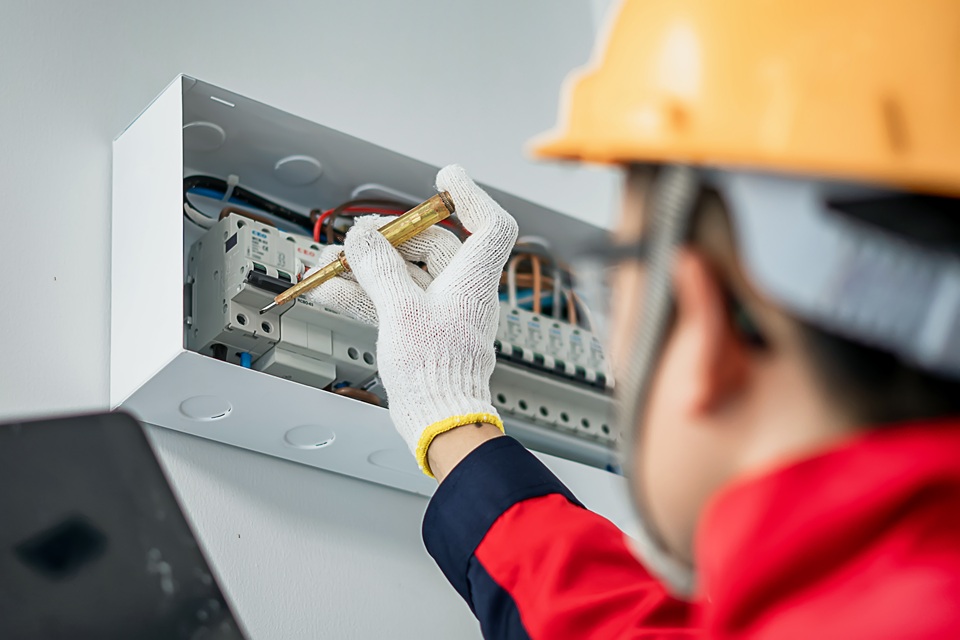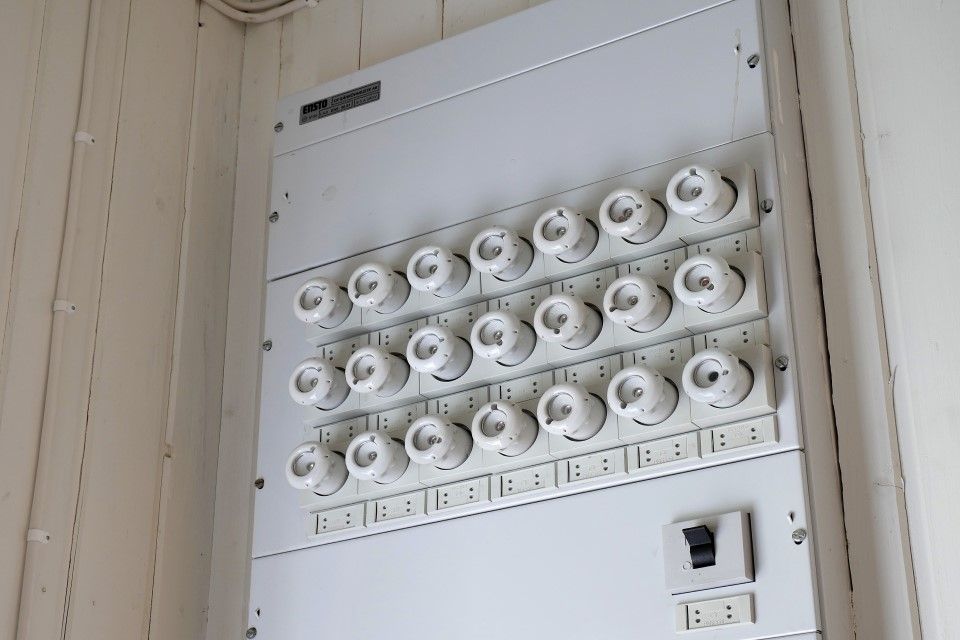How Much Does It Cost to Install an EV Charging Station?
Electric vehicles have become extremely popular in recent years, as more people are looking for eco-friendly vehicles. With more demand for electric vehicles, comes a need for electric vehicle (EV) charging stations. Consumers are now eager to increase the ease of charging their vehicles with an EV home charging station.
The Average cost of installing a standard EV charger at home is between £400-£800, without any additional costs.
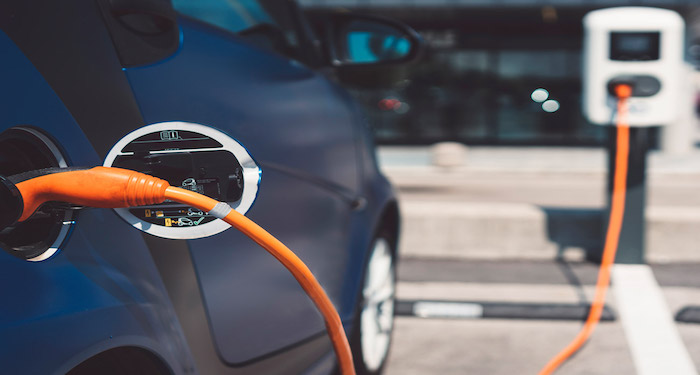
The government are rewarding people who are using greener solutions by offering grants towards EVs and home EV charging stations so this may be worth looking into if you want to save on the pennies!
EV Charging Station Prices
The table below will give you an overview of the average costs of installing an EV charger:
| Location | Type of EV Charging system | New Fuse box needed? | Solar System needed to be installed? | Total Price |
|---|---|---|---|---|
| North-West England | Solar Charging System | No | Yes | £2000-11000 |
| London | Solar Charging System | No | Yes | £4000-£13000 |
| North-West England | Slow EV Charging Station | Yes | No | £650-£1150 |
| London | Slow EV Charging Station | Yes | No | £750-£1250 |
| North-West England | Fast EV Charging Station | No | No | £400-£900 |
| London | Fast EV Charging Station | No | No | £600-£1100 |
- How Much Does It Cost to Install an EV Charging Station?
- What are the Additional Costs of Installing an EV Charging Station?
- Tradesman Costs for Fitting an EV Charging Station
- How Long Does It Take to Install an Electric Vehicle Charging Station?
- Types of EV Charging Station
- Benefits of an At-Home EV Charging Station
- How Much Does It Cost to Remove an EV Charging Station?
- FAQs
- Sources
What are the Additional Costs of Installing an EV Charging Station?
There are various additional costs that may arise when installing an at-home EV charging station.
First of all, you need to ensure that there is a suitable, safe place for your EV to be stored as this is a valuable piece of property that you surely want to protect.
There may also be adjustments required to your property to ensure that an EV charger can be used without fault. It is a good idea to consider all of the possibilities before embarking on your first EV purchase!
Some of the additional costs you may need to consider are listed below:
New Garage
If you have installed a new EV at-home charging station, you may wish to protect it as much as possible by building a garage to secure your electric vehicle and the accompanying charger.
New garages are available in attached and detached forms as well as single and double so it's worth doing your research to see what options you would most benefit from!
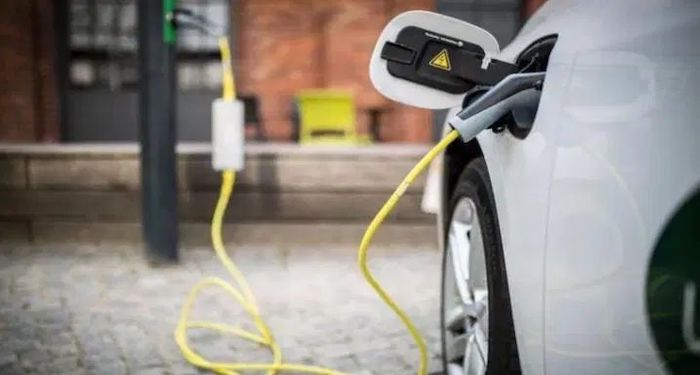
As a starting point, a single detached garage can cost you anywhere between £3400-£6800.
Driveway renovation
If you have an electric car and wish to have an EV charging station installed at home, you are going to need a driveway.
For a simple tarmac driveway, you can expect the cost to be between £2000-£2500 depending on the size of the driveway that you require.
Security Lights
Security Lights on your driveway are also a good addition to enhance the security of your home and your new EV charging station.
The majority of security lights are motion censored and will switch on when you approach the light. This may also be of use to you during the dark evenings and mornings when visibility is limited, and you need to plug the charging cables into your EV.

This will be sure to help you avoid any unwanted scratches to your vehicle by trying to blindly plug in, in the dark!
You can find a security light for your driveway for around £20-£30.
Fuse Box
To install an EV charging station, you will have to ensure that the capability of your current fuse box meets the requirements of the EV charging station to be fitted. Fuse Boxes have a maximum capacity for power usage and therefore need to be able to serve their purpose alongside the EV charging station.
EV charging stations require different power outputs. For example, a slow Electric vehicle charger will not require as much power output as a fast EV charging station.
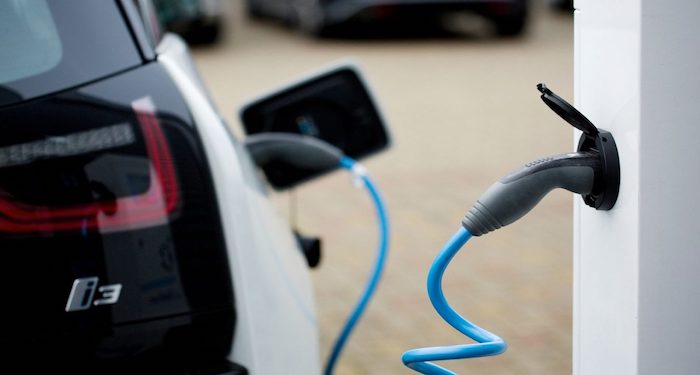
The provider of your EV charging station may be able to offer advice as to whether your current fuse box is suitable. If you find that it is not, you may need to consult with a local electrician to have your fuse box replaced with one to suit your needs.
The cost of a new fuse box is usually anywhere between £350-£450.
Complex Installations
If the installation of your electric vehicle charging station is more complex than the average installation, then you may find that there will be an additional cost for this. There is no exact price to give in terms of additional charges for complex installations, as it really does depend on the circumstances.
However, the tradesperson completing the installation should be able to give you a price once a full assessment has been undertaken, and they are aware of exactly what work needs to be done.
Tradesman Costs for Fitting an EV Charging Station
Most consumers who opt for an at-home EV charging station will have it supplied and installed by the same company. This includes the cost of the required materials and EV charging unit and the equipment needed to correctly install.
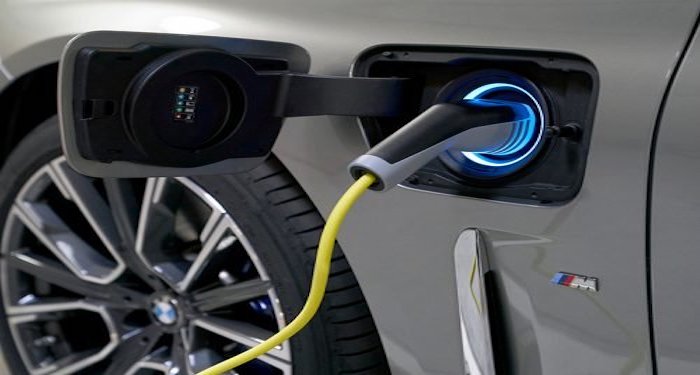
However, if you decide to hire an independent tradesperson to install your EV charger, you need to take the labour costs into account.
On average, labour costs usually amount to around 20% of the total installation costs, so if your EV charger is priced at £800, you can expect to pay at least £200 for the installation itself.
Keep in mind, independent tradespeople decide their own price, so they can charge whatever they decide is appropriate. For this reason, it is always a good idea to agree on a price before the work commences!
How Long Does It Take to Install an Electric Vehicle Charging Station?
When arranging the appointment for your new EV charging station installation, the provider will ask for information regarding your property and may also request photographs of the area where the unit will be installed. This will allow them to estimate how long the installation should take and if there is any additional work required.
As long as the installation is relatively straightforward and there are no unforeseen complications or obstacles, the average installation should be completed in around 2-3 hours.
If there are complications during the installation, which are likely to dramatically increase the installation time, your tradesman may have to reschedule your installation for another day.
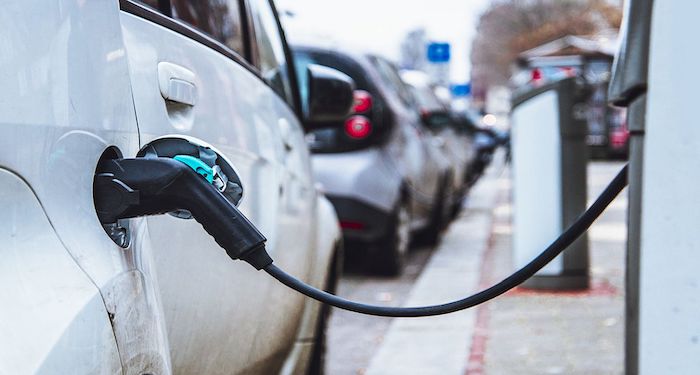
If the unit installation is more complex, for example, a wireless EV charging station where the charging plate has to be fixed to the floor, then installation may take a little longer than the average 2-3 hours.
Types of EV Charging Station
There are various charging stations available, therefore it’s important to choose the one that’s right for you.
Below we have included some of the most common types of EV charging stations, as well as the pros and cons of each, which will help you make the right choice.
Wireless EV Charging Station Cost
Wireless EV charging is a new concept when compared to how long electric vehicles have now been on the market. There is an increasing number of EV vehicle owners who are opting for at-home wireless charging stations mainly because of their ease!
These charging stations work through resonant magnetic induction, which simply means that energy is transferred from a charging pad to the receiving vehicle.
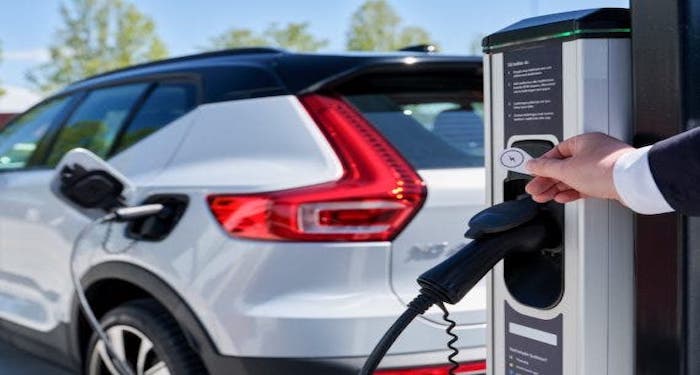
The wireless charging pads are secured to the ground, so that the EV owner has to simply park over the wireless pad to receive the wireless electric charge through the receiving pad installed on the bottom of the vehicle.
At-home wireless EV charging Stations start from £380.
Pros:
- No requirement for cables or leads
- You do not have to remember to plug the charger in to charge your EV
Cons:
- It takes a lot longer to charge
- It is not as environmentally friendly
EV Solar Charging Station Cost
A Solar EV charger uses electricity from solar panels. In short, Solar Panels are usually installed on the roof of your property, which collect solar energy and convert it into electricity to be used in the way that you would use standard electrical power.
Experts say that you need around 5-10 solar panels to power an EV Solar charging station, the minimum of 5 getting you up to 40 miles of range per day.
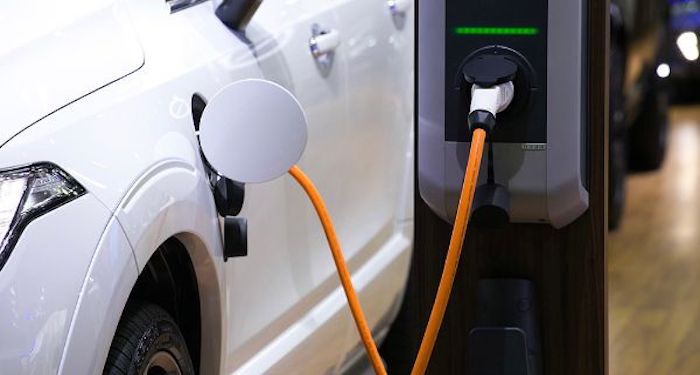
The cost of installing an EV charger powered by Solar energy is around £300-£1000, depending on whether you choose a less powerful unit from the bottom of the scale or a more powerful unit that’s top of the range.
Additionally, if you don’t already have a solar power system in place at your property, this can add anywhere between £1500-10000 to the total cost.
Pros:
- It is more environmentally friendly
- Solar energy is free
Cons:
- Costly installation
- The higher the battery power of your EV, the more solar energy that will be needed to sufficiently charge it
Slow EV Charging Station Cost
Slow EV charging stations are most commonly used in UK homes. They generally charge EVs at 3kWs, making them perfect for long overnight charges when you are not going to need to use your vehicle for a number of hours.
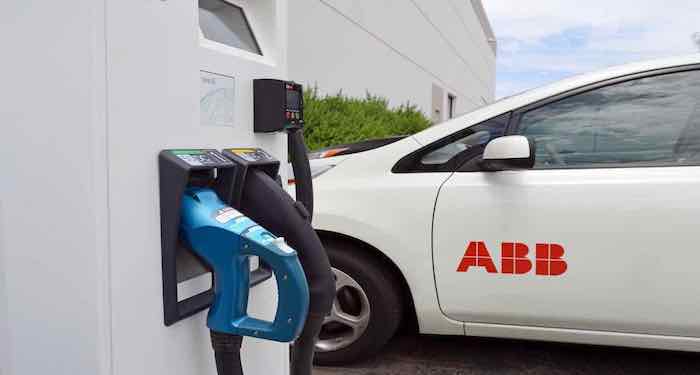
They take around 10-14 hours to fully charge an EV with a standard-sized battery. For more powerful cars, a full charge may take in excess of this.
The average cost of a slow EV charging station is £300-£800 , depending on how up-market you prefer your appliances to be!
Pros:
- Slow charging generates less heat
- Slow charging requires less power output
Cons:
- It can take much longer to charge your vehicle's battery from empty to full
- You may find you are not getting to fully charge your battery if you are pushed for time
Fast EV Charging Station
Fast EV charging stations use 7kW of power. They are suitable to have installed at home, and are also found in public places.
They work in the same way as Slow EV chargers but with a higher power output, therefore before deciding on this type of charger for your EV, you may have to double-check that your current fuse box at home has the capacity for a Fast EV charging station.
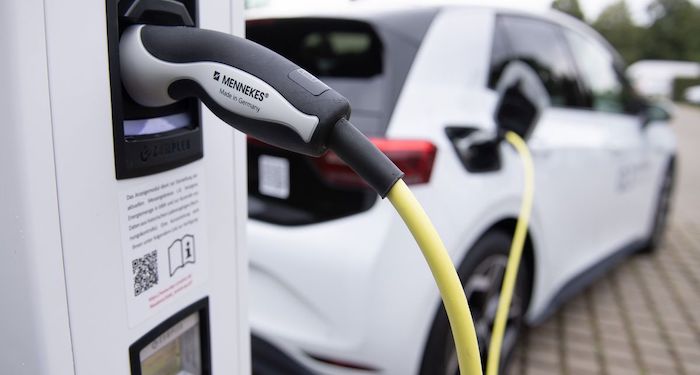
The Average cost for a fast EV charger without any additional costs is between £400-£900 depending on the specifications.
Pros:
- Can charge an EV battery from empty to full in around 4-6 hours
- Most fast chargers are untethered, so you shouldn’t have to buy any additional charging leads
Cons:
- Higher power charging is not as gentle on EV batteries
- Uses a higher amount of power so it may make your energy bill increase
Rapid EV Charging Station Cost
Rapid charging stations are great for on the go and can often be found in places of convenience, such as service stations. Unfortunately, rapid chargers are not available for residential installation as the amount of electrical power they require is far too high.
That being said, it's still good to know about rapid EV chargers for when you need them. For example, on long journeys where you may find yourself caught short with only a small amount of battery power left.
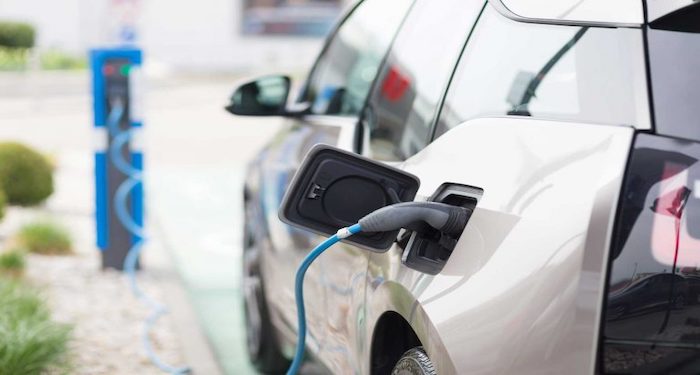
Rapid Chargers use 50kW of power and can charge an empty EV battery to 80% in 20 minutes. The remaining 20% of battery charging will take longer, however.
The average cost of installing a 22kW rapid EV charging station is around £1020-£1520.
Pros:
- Good for long journeys
- Some EVs can get up to 80% battery life from a 20–30-minute charge
Cons:
- Not available for residential use
- If used too often can affect the lifespan of an EV battery
Benefits of an At-Home EV Charging Station
Before you invest in an at-Home EV charging station, you probably want to make sure it's worth your while! We have compiled a list of just a few of the benefits of having a home electric vehicle charger installed.
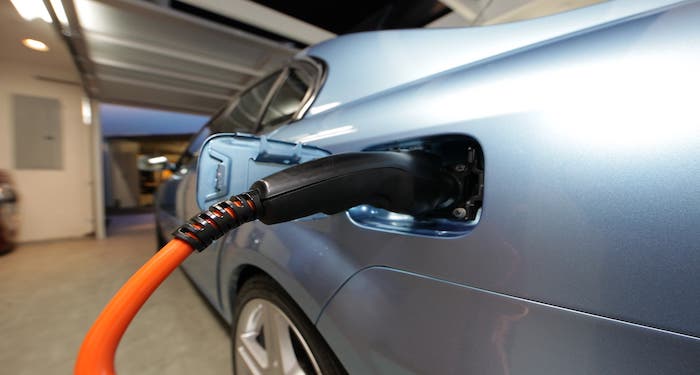
Cost-Effectiveness
We have already noted that EVs are more cost-effective than standard duel powered vehicles in the long run, but by having your very own EV charging station installed at home, you are going to save more money than if you rely on publicly accessible charging points across the region.
Public EV charging stations require payment on a ‘per hour’ basis, whereas an at-home EV charging station will be charged according to your local electricity rates. You will be even better off if you have off-peak charging times agreed with your energy provider!
Quick Charging
Public EV charging stations are powered by a mains supply, which means that they are not as time-friendly as an at-home EV charging Station. An EV charger in your home can take your car battery from empty to full in anywhere between 1-7 hours, depending on the specifications of your EV charger.
Whereas, public EV charging Stations, (aside from the costly ‘rapid’ charging stations) can take anywhere from 6 hours upwards to fully charge your EV.
Increase House Value
Often, many people don’t think about this, but having an EV charger could actually increase the value of your home! As the demand for EV’s is increasing, so is the demand for at-home charging stations.
So, if you ever come to sell your house, you may find that this is a desirably quality that might just increase the price of your sale as you could be saving a future buyer from adding another thing to their to-do list!
How Much Does It Cost to Remove an EV Charging Station?
In time to come, you may find that you need to pay for the removal of your at-home EV charging Station, whether that be because you no longer have an electric car and wish to go back to what you know best with a petrol or diesel-fuelled car.
If you are getting a new EV and wish to upgrade your existing EV charging station, you will need to remove the old one.
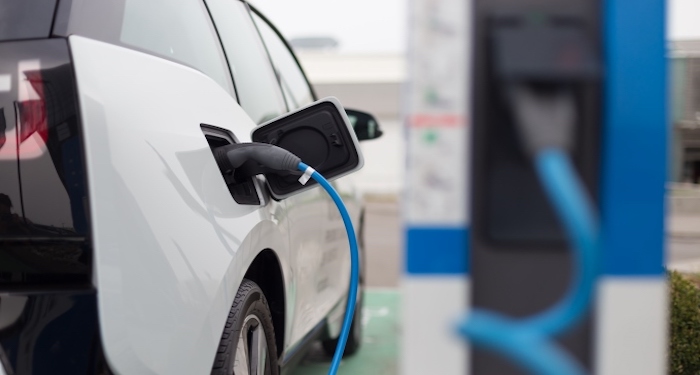
Of course, this is a service that will come with an additional cost and should be carried out by a competent electrician who is equipped with the skills to safely remove the charging device. For a standard removal service, you are looking at spending in the region of £220-£350.
If you are upgrading and so wish to have another EV charging device installed simultaneously, then this service would be charged additionally to the removal.
FAQs
Q: How long does it take to charge an electric vehicle?
A: The time it takes to charge your EV depends on the type of charger you are using. For example, wireless EV charging stations take longer to charge the vehicle as some energy is lost during the wireless transmission. The most efficient way of charging an EV is through a wired connection.
Typically, an EV can receive a full charge in around 7-8 hours. However, when using a rapid EV charger, 30 minutes charging time can get you around an extra 100 miles of range.
Q: Do I need a property survey before installing a home EV charger?
A: Yes. When ordering your EV charging station and arranging installation, the provider will ask you for evidence of your most recent property survey. Be prepared to provide this or your installation may be delayed.
Q: How much does it cost per charge?
A: At-Home EV charging is far less costly than using EV charging stations in public, which are charged at higher rates than standard residential charging stations. Even more so in places of convenience, such as service stations and city-centres.
At-Home EV charging is hard to put an exact price on as we have to allow consideration to the chosen rates of your energy provider as well as the battery size and charging time of your EV. EV charging will show on your electricity bill and is charged by kWh. On average, it will be between 10-15 pence per kWh.
Off-peak charging tariffs are often a more cost-effective way to charge your EV, with some energy providers charging as little as 5 pence per kWh.
Q: How can I charge my car if my at-home charging station breaks?
A: Public EV charging stations are becoming increasingly more available. You may have seen them in the car park of your local supermarket or even on streets around the city centre.
Although for most it is preferable and cheaper to charge your EV at home, in times of crisis, such as running low on charge on a long journey or if you have an issue with your At-Home EV charging station, you should be able to charge your vehicle at your nearest public charging station.
Q: Is it cheaper to charge an EV than it is to fuel a standard car with petrol or diesel?
A: Yes. An independent company researched the price difference in running a standard fuel-powered car against an electric-powered car and found that EV vehicle users can expect to save over half the money they would spend on petrol or diesel, by switching to an EV.
EV’s are also more cost-effective in the long run as they are exempt from paying road tax and can be entitled to free parking in some areas.
There are also government grants available to put towards the purchase of an EV and an at-home EV charger, meaning that you can save on spending from the get-go.

